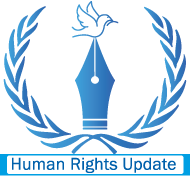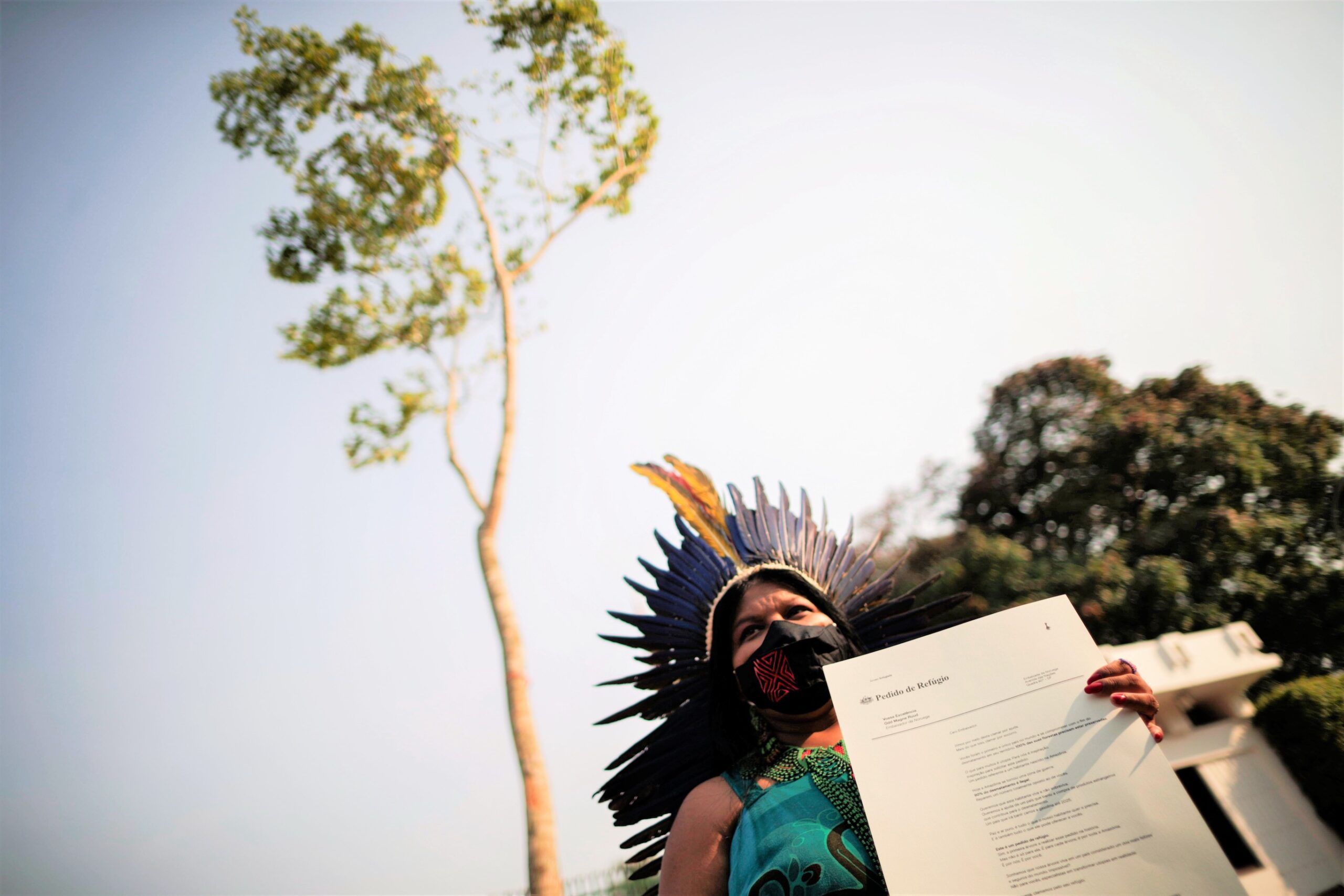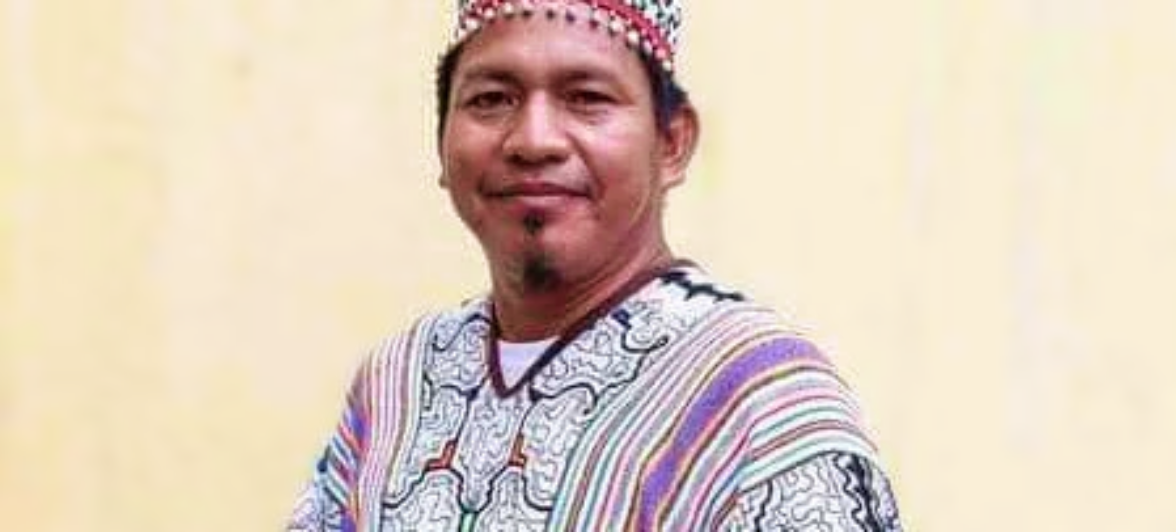In a distressing revelation, the government of Bangladesh has been relentlessly targeting opposition parties and dissenting voices through an alarming misuse of power. The extent of this persecution has reached an unprecedented level, leaving even the most vulnerable, from teenager to the elderly, in its grip. The tool used to suppress opposition has been the Digital Security Act, which is being wielded as a weapon against anyone daring to criticize the government.
A poignant example of this abuse comes in the case of Khadijatul Kubra, a promising student of the 2019-20 academic year at the Department of Political Science in Jagannath University. The weight of this unjust persecution became evident when Khadijatul Kubra was apprehended on August 27, 2022, despite being just a second-year student at the time. Shockingly, she found herself entangled in a web of government oppression when police lodged not one, but two separate cases against her under the Digital Security Act in October 2020. Her supposed crime? Her “offense” was her participation in a webinar where she expressed her dissenting views about the government. Her arrest, however, was only the beginning of her ordeal. Astonishingly, she has been held without bail for over a year, all for the simple act of expressing her opinions on a digital platform.
Adding to the egregiousness of the situation is the fact that Khadijatul Kubra was a minor when the cases were filed against her. According to her national identity card and academic records, she was only 17 years old in 2020. Nevertheless, the police falsely presented her as an adult in the cases, listing her age as 19 in one instance and 22 in another. This manipulation of her age is a stark violation of her rights and further underscores the government’s determination to quell any form of dissent.
Even more concerning is the striking similarity between the charges brought against Khadija and a retired Major named Delwar Hossain in the two cases. The language used in both cases appears almost identical, suggesting a systematic approach to suppressing dissent. The accusations include attempting to destabilize the political situation, engaging the public in anti-government activities, damaging Bangladesh’s image internationally, and even attempting to overthrow the government.
The extent of this injustice becomes even clearer when considering that Khadijatul Kubra, a brilliant student with a promising future, has spent a year behind bars awaiting trial. Her case has ignited both domestic and international outrage, questioning the validity of the Digital Security Act and its draconian non-bailable clause. This clause allows individuals to be detained for prolonged periods before trial, defying the principles of a fair judicial process and the rule of law.
As her case progressed, hope for justice dwindled. A pivotal moment came in an order from the Appellate Division last July, where the Chief Justice Hasan Faiz Siddiqui, leading a four-judge bench, postponed the hearing of her bail application for a staggering four months. Unfortunately, this delay became even more distressing as Chief Justice Siddiqui’s term ended. Despite being hailed as a pioneer in implementing repressive government laws, he failed to extend the same humanity to Khadijatul Kubra.
The plight of Khadijatul Kubra serves as a stark reminder of the alarming misuse of power and the suppression of fundamental human rights in Bangladesh. Her imprisonment, at an age when education should be paramount, serves as a poignant example of the devastating consequences of unchecked authority. The Digital Security Act, intended to protect citizens, has become a tool of oppression, silencing dissent and violating the very principles it should uphold.
This tragic turn of events not only casts a shadow over Khadijatul Kubra’s future but also raises profound questions about the state of democracy and human rights in Bangladesh. While individuals accused of serious crimes, including murder, often secure bail, the fact that a young student like Khadija remains incarcerated for expressing her opinions exposes a deeply troubling imbalance within the justice system.
As the legal system falters in its duty to protect citizens’ rights, the international community has taken note of Khadija’s case. Human rights organizations and activists around the world have decried her imprisonment as a clear violation of free speech and a flagrant abuse of power. The resonance of her story has sparked discussions on the urgent need for reform to ensure that laws meant to safeguard citizens are not perverted to stifle their voices instead.
The tragedy of Khadijatul Kubra’s ordeal underscores the critical role that a robust and independent judiciary plays in upholding the principles of justice and human rights. Her continued imprisonment fuels the calls for legal reforms and the reevaluation of the Digital Security Act to prevent further miscarriages of justice. Moreover, her case has ignited a global dialogue about the power dynamics between governments and their citizens, shedding light on the chilling effect that such oppression can have on a nation’s democratic fabric.
As Khadijatul Kubra remains behind bars, her spirit and her struggle continue to resonate as a symbol of resilience against adversity. Her story stands as a reminder that even in the face of injustice, there are those who refuse to be silenced, who continue to seek truth and justice, and who advocate for a society where the freedom to express one’s beliefs is a fundamental right rather than a punishable offense.
The world watches as the story of Khadijatul Kubra unfolds, hoping that her ordeal will serve as a catalyst for positive change. As the call for justice reverberates both within Bangladesh and across the globe, there is an opportunity to rectify the wrongs committed against her and to reaffirm the principles of human rights, freedom of expression, and the rule of law that form the cornerstone of any democratic society.






